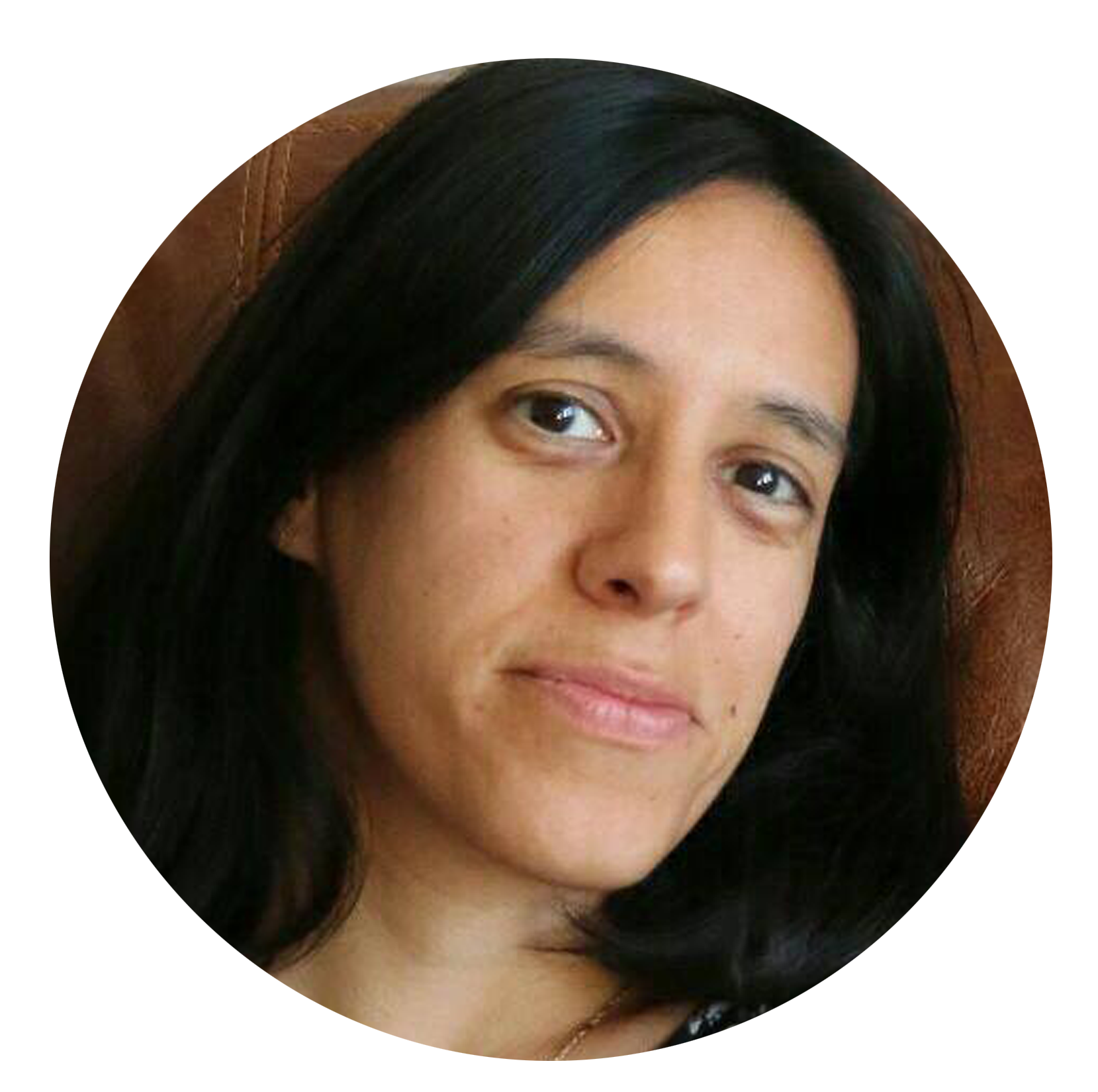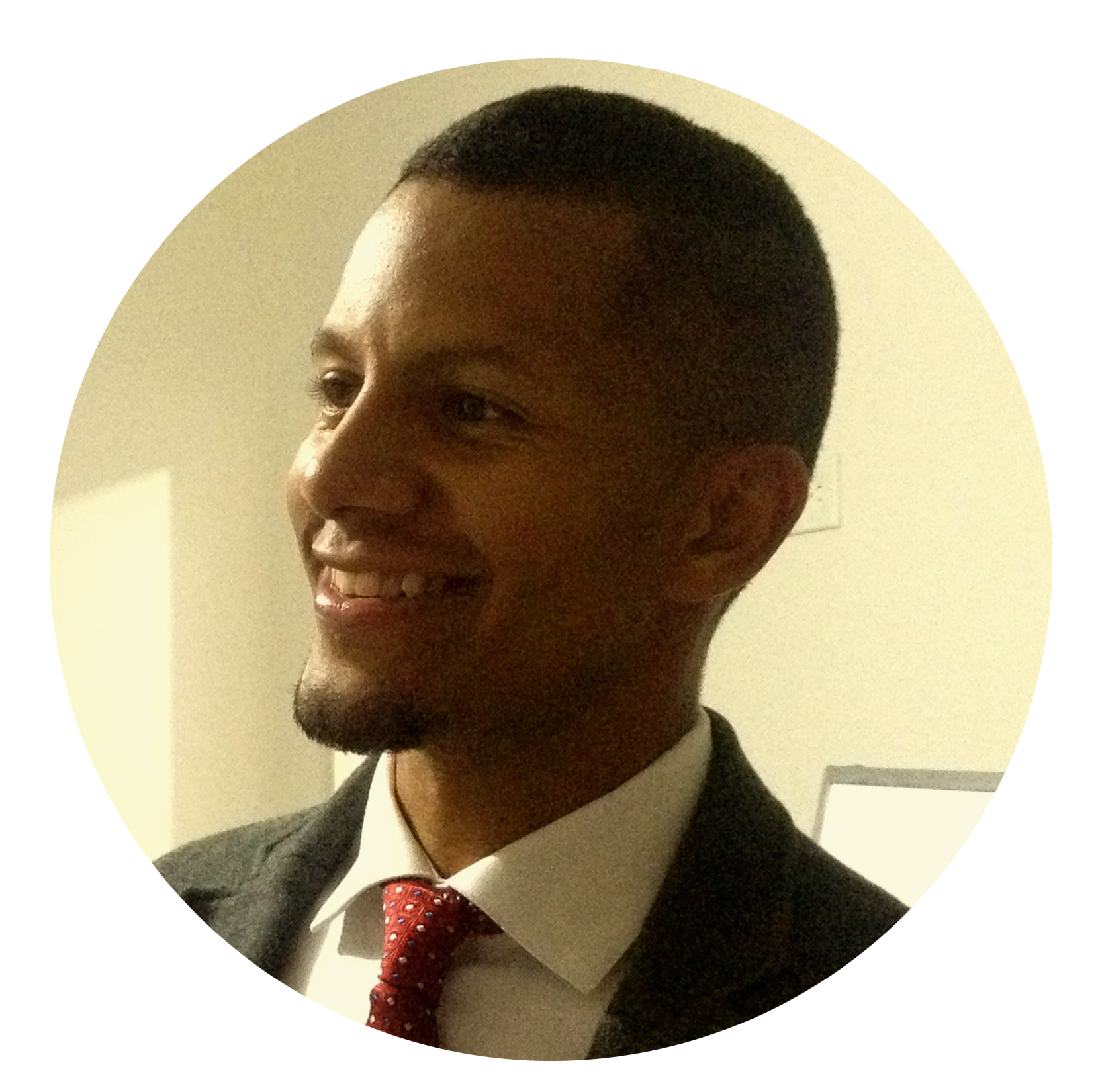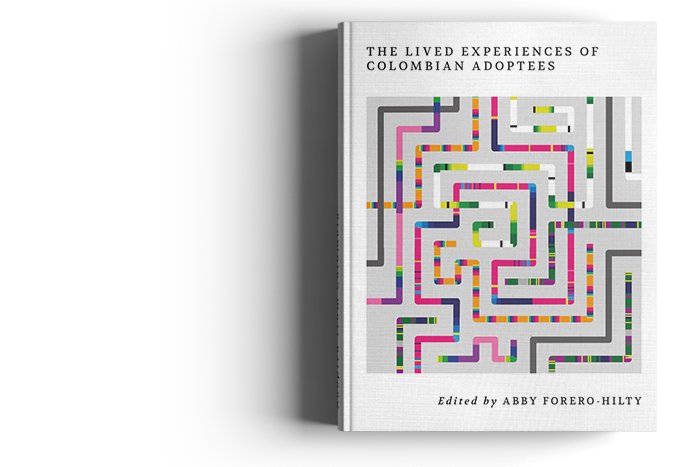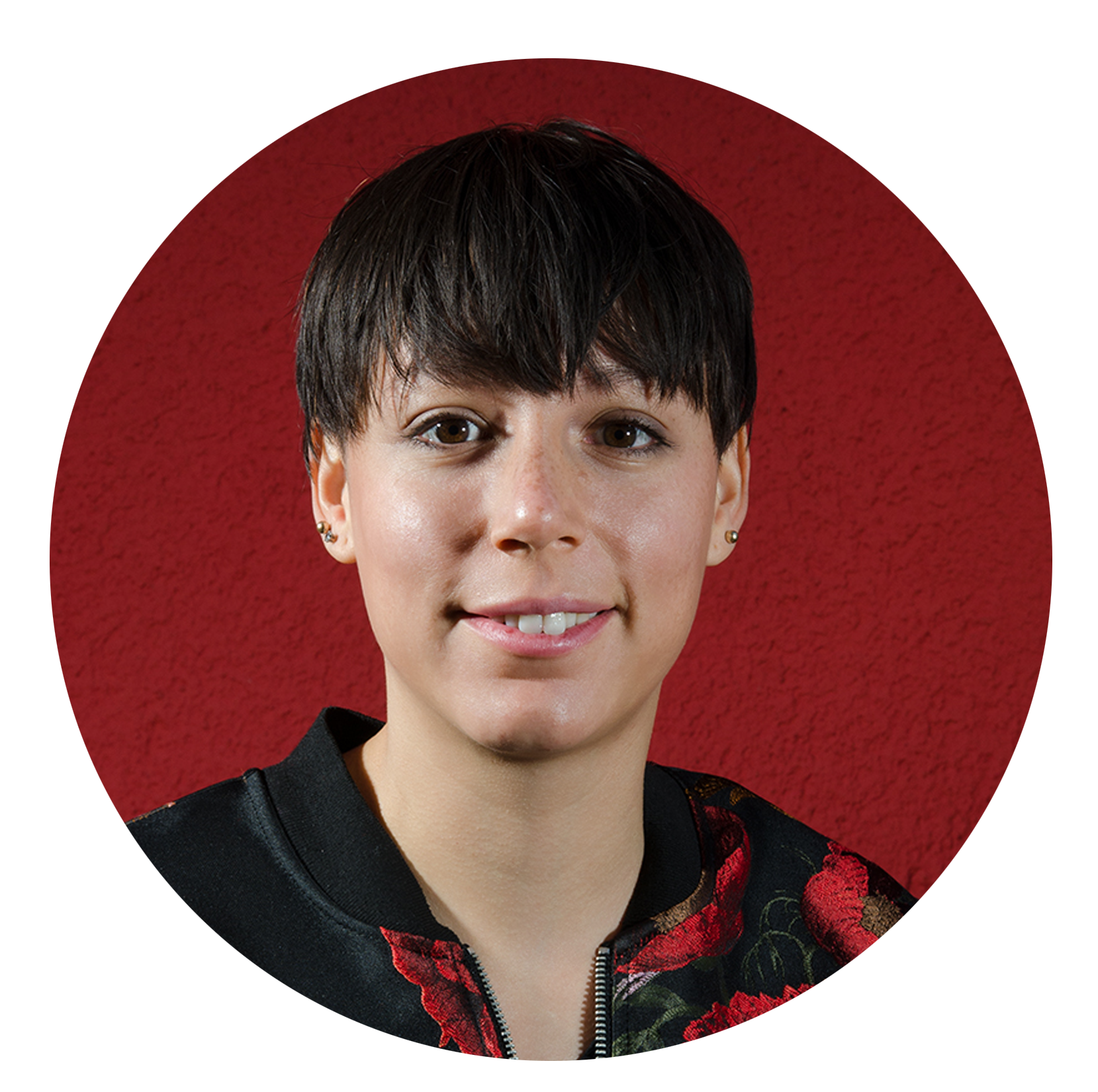Was wir tun
Wir wollen Adoptierten und leiblichen Müttern, die auf der Suche sind, ein Kit für einen DNA-Test zur Verfügung stellen.
Viele der Mütter fragen sich, ob es ihren Kindern im neuen Land und bei der neuen Familie gut geht und wie ihr Leben so verläuft. Aber auch Adoptierte stellen oft Fragen nach ihrer leiblichen Familie. Mit Hilfe von DNA-Tests und der modernen und weltweiten Datenbanken können wir unbürokratisch und mit Gewissheit Familien wieder zusammen führen. Da DNA-Tests in Kolumbien noch nicht für jeden erschwinglich sind, übernehmen wir als DecodingOrigins die Kosten für das Kit, um so viele Herkunftsfamilien wie möglich in die Datenbank aufnehmen zu können. Die Adoptierten können über uns ein Kit zu einem stark vergünstigten Preis erhalten falls ein solcher Test nicht schon gemacht wurde.
Den leiblichen Eltern ist nach der abgeschlossen Adoption ihres Kindes der Kontakt zu ihnen verboten. So erhalten sie von Adoptionsagenturen und -behörden keine Auskünfte über den Verbleib ihres Kindes. Aber auch den Adoptierten werden häufig ihre Akten und Informationen über ihre Herkunftsfamilie unterschlagen. Gründe dafür können Datenverluste, Datenvernichtung und Datenfälschung sein.
Eine weltweit gespeiste DNA-Datenbank kann den bürokratischen Weg mit den rechtlichen Hürden und Lügen umgehen und eine einfache Alternative bieten. Auch kann so eine Verwechslung von Familien und Kindern ausgeschlossen werden, die durch unvollständig geführten Akten entstehen können.
Das sind wir.

Abby Forero-Hilty
Abby wurde im Alter von zwei Monaten aus Bogotá adoptiert und wuchs in einem kleinen Vorort von New York City auf. Sie machte ihren Bachelor in Human Biologie an der State University of New York und ihren Master in Medizinischer Anthropologie am University College London. Sie lebt mit ihrer Familie in der Schweiz und arbeitet dort in der Pharmaindustrie um Patienten Zugang zu Krebsmedikamenten zu ermöglichen. Im März 2012 fand sie ihre kolumbianische Familie.
Yennifer Dallmann/Villa
Yennifer ist mit zwei Jahren aus Medellín nach Deutschland adoptiert worden. Heute lebt sie in Köln und studiert Nachhaltiges Design im Fachbereich Fotografie. Sie widmet einen Großteil ihrer Studien verschiedener Fragestellungen zum Thema Auslandsadoptionen. Bisher war es ihr noch nicht möglich ihre Herkunftsfamilie zu finden und nach Kolumbien zu reisen. Sie plant jedoch im Rahmen ihres Diploms ein fotografisches Projekt mit Leiblichen Müttern in Kolumbien umzusetzen und wird dafür 2017 in ihr Geburtsland zurückkehren.

Jacob Taylor-Mosquera

Mit Buch
Wir teilen mit Euch unsere Erfahrungen und Wissen über das Leben als Adoptierte und Ihr helft uns dabei Familien wieder zusammen zu bringen. Wir haben ein Buch geschrieben, dessen Gewinne ausschließlich in das DecodingOrigins Projekt fließen. Mit jedem Kauf unterstützt ihr uns dabei DNA Tests finanzieren zu können. Helft uns Familien wieder zusammen zu bringen.
DecodingOrigins: The Backstory
Many mothers of adoption loss wonder where there child is; if they are well; how their life is unfolding. On the other hand, many adoptees also wonder about their original families. With the help of modern science and Family Tree DNA’s worldwide DNA database, which is growing daily, families torn apart by adoption can be reunited independently and reliably.
Hundreds of thousands of babies and children have been adopted from Colombia to countries throughout the world since 1960. Although not every Colombian adoptee or mother of adoption loss is searching for their family, many tens of thousands are.
In order to support and reunite as many families as possible, our project will be conducted in two phases.
In phase 1, we are focusing on supporting Colombian adoptees and mothers of adoption loss who are searching for their families and who have an email and street address, and who can read and write.
For Colombian mothers looking for their lost children, our fund will cover the entire cost of the kit. As for adoptees, the kit will be shipped directly from Family Tree DNA to the mother.
For further information, contact us at info@decodingorigins.com.
Ohne Buch
Euch gefällt das Projekt, aber wollt kein Buch kaufen? Bisher ist es noch nicht möglich, das Projekt direkt zu unterstützen. Aber wir arbeiten an der Einrichtung eines Crowdfunding, damit wir noch mehr DNA Test zur verfügung stellen können.
Rezensionen
They endured the traumatic loss of their whole world: Mother, mother’s breast, mother’s touch, mother’s smell, mother’s voice, mother tongue, motherland. They grew up as strangers in strange lands among people of a different color, with the trauma of racism and often the trauma of severe abuse.
Decoding Our Origins: The Lived Experiences of Colombian Adoptees will reveal the inner world of transracial adoptees. For them to bare theirs souls is an act of great courage. That they survived to write their stories is proof of their inner grit and a shining light for all.”
This collection of poems and stories brings the voices of Colombian adoptees to the forefront. Forero-Hilty positions her anthology within a growing literature that gives preference to the lived experiences of adoptees and speaks to issues particular to adoption and more directly to transnational/transracial experiences from the unique perspective of the adoptee. The contributors to this anthology remind us that the loudest voices that have been heard in past writings and literature are those of the adoptive parents—the adults with cultural clout, middle- to upper-class white American/European couples—and the silenced have traditionally been the birth parents and the adoptees. This compilation goes a long way to remedy that with experiences that uncover the violence and destruction that accompany the institution of adoption.
The men and women who share their stories in this compendium push back against the American/European adoption practice that has erased their origins and provided a replacement story that was often incorrect. They push back against adoptive parents who view them as possessions or charity. They push back against the silences that hide the fear of rejection and the fear of what birthparents represent in the adoption constellation. The stories in this anthology are joyous, sad, nostalgic, detached, angry, and accepting in some places. The adoptees expose their truths and their pain, but they also tell of resilience and strength in the face of incredible loss and relate honestly their experiences as Colombian adoptees removed from their families and their culture. Their stories are raw yet resilient, and most of all real.
As an adoptee and an adoption researcher, I find the stories relatable and consistent with adoption experiences and the secrecy and erasure that undergird the institution. I am currently on my own adoption journey searching for birth relatives, grappling with misinformation and sealed court records that were put in place to authenticate the as-if-begotten lie. DNA is a new tool, but it is rendered ineffective unless there is someone to match the sample to—making this project even more important in its effort to increase the Colombian DNA database for adoptees and first families.“
I read the book in two sittings. I loved the mix of literary styles … prose, lyrics, narrative, photographs – it made for an interesting read. It is deeply emotional and contains very moving personal accounts of the struggles and achievements of these Colombian adoptees! It covers some profoundly sad experiences and includes many stories of reunion and beyond.
I felt very connected reading Decoding Our Origins: The Lived Experiences Of Colombian Adoptees because it reflected much of what I’ve experienced and learnt from intercountry adoptees worldwide from a variety of countries of origin. The issues and experiences reflect what I’ve always termed the “kaleidoscope of intercountry adoption journeys”.
One aspect that stood out was these experiences voiced by the Colombian intercountry adoptees, appear to be largely the result of the USA’s privatised system of adoption. It has only been since 2008 that the USA became a signatory of The Hague Convention for Intercountry Adoption.
Prior to becoming a signatory of The Hague Convention, independent adoption agencies facilitated intercountry adoptions for prospective parents. We see the results from these adoptees themselves, now grown up, with a voice of their own. They share the consequences resulting from growing up with ill prepared parents due to a lack of mandatory and standardised education, lack of standardised screening, and a lack of education to adoption agencies from the many perspectives of the intercountry adoptee.
The anthology, being largely the voices of USA based Colombian intercountry adoptees, is a reflection on the USA who is the largest receiving country in the world for intercountry adoptions … and a sender of its own children via intercountry adoption! I hope the USA will work hard to listen to and include a wide range of voices of the adult intercountry adoptee community to improve the standards and processes that would be required to ensure intercountry adoptions achieved better long term outcomes for the child who inevitably grows up to become an adult.
We now see en masse, generations of intercountry adoptees like these Colombians in the USA and around Europe, who have suffered in their adoptions. Suffered rehoming, trafficking, deportation, false documentation; who are searching for their true identities and their place of belonging, who struggle to have their emotional journey validated, and essentially for whom they have been given inadequate pre & post adoption supports. Our receiving countries have an ethical obligation to ensure if they are going to continue to bring in children via intercountry adoption each year, they lift their standards by providing resources to ensure these children will have positive outcomes in the future and not continue to suffer as many of these adoptees in this Colombian anthology share.
Let’s not forget the role of the sending country, Colombia. One has to question why our sending countries, not just Colombia, continue to send so many of their children out. Why, after so many generations, does Colombia still fail to create and implement family preservation systems especially given such a high proportion of these Colombian adoptees successfully reunite and find their families intact?
Decoding our Origins: The Lived Experiences of Colombian Adoptees also highlights the long history of irregularities in documentation from orphanages and hospitals and the long-term consequences for intercountry adoptees of such practices.“

